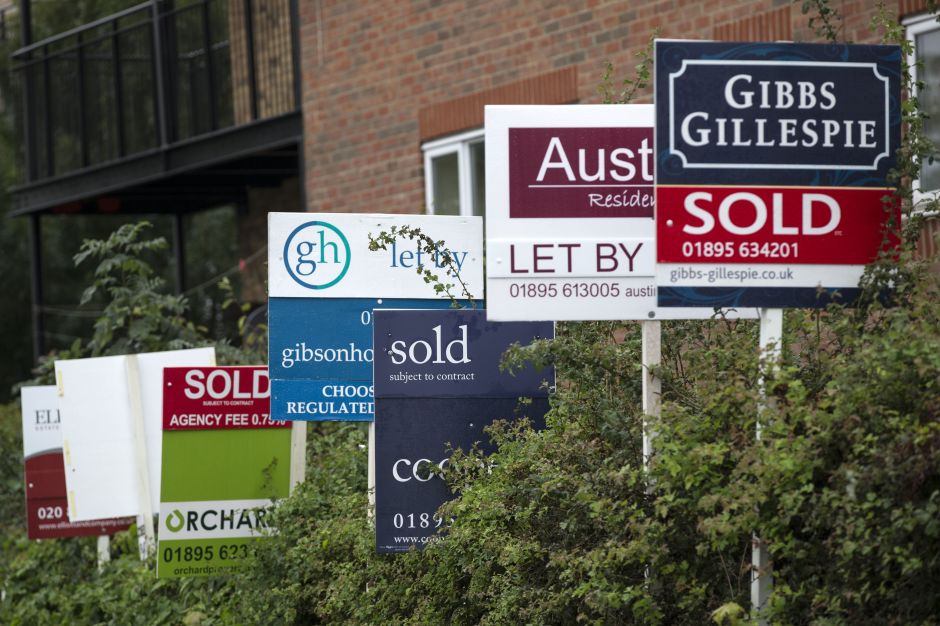Earlier this month the philosopher and author Sir Roger Scruton passed away. In a series of tributes to his work and his character, many reflected on the contributions he made to his fields of expertise and society at large. Today in central London, one of his final contributions was revealed.
The Building Better, Building Beautiful Commission published its findings on housing in the UK this afternoon. The work, led by Sir Roger and Nicholas Boys Smith, is a product of a year-long review of the UK’s planning system, which has come up with 45 policy proposals organised around eight key themes for all levels of government. Scruton’s last piece of work was, for him, a very meaningful one. Not only did his role in the Commission become the source of a national controversy (which resulted, thankfully, in his reinstatement as co-chair), he also came to regard the housing crisis as a major problem that must be addressed. Douglas Murray – author, journalist, and friend of Scruton’s – described his time spent on the Commission as such:
‘He volunteered the last period of his life to get this done, because he recognised something very important: housing is not for the elite. Everyone, regardless of their income or demographic, should have opportunity to live in a beautiful place.’
Scruton and Smith’s report lays out some game-changing ideas to help tackle the housing crisis, all designed to encourage building homes that people actually like and where they’d prefer to live.
The report gets to the heart of the problem with the UK’s planning system, which is so rigid and unpredictable it’s near impossible for self-builders or small firms to build a decent number of homes. The Commission makes some bold recommendations, including simplifying regulations in the housing sector, and giving local communities more democratic control to help define and shape new homes in their area.
The report examines in detail elements of the UK tax code and legal framework which create ‘perverse and unintended bias in favour of a site-by-site approach as opposed to a long term stewardship model’ and recommends aligning VAT for new house builds and housing renovations. Emphasising nature as a key ingredient in making a place desirable to live, it also calls for two million ‘street trees’ to be planted within the next five years, re-opening old canals and supporting every home to have access to a fruit tree.
The launch of the Commission’s findings couldn’t be timelier. Housing prices shot up in January at their fastest rate in the last 14 months, as uncertainty dissipated after December’s election result. While there are plenty of reason to celebrate stability, the unfortunate consequence of yet another house price boost is how much further out of reach it places home ownership for those not already on the housing ladder. 25 per cent of 18 to 34-year-olds rely on family money to purchase their own place, while another 25 per cent don’t think they’ll ever be homeowners. It is not certain that the government will meet its house building targets – and the extensive backlog of homes needed means many think the targets aren’t ambitious enough.
MPs have spent the better part of the last decade kicking big policy decisions into the long grass by launching commissions and not doing anything about them. Now the findings of those commissions are starting to roll in, and decisions must be made. Scruton’s last report could prove very meaningful to the rest of Britain, renters and homeowners alike, if MPs are galvanised and adopt the Commission’s findings. What a wonderful tribute that would be.







Comments